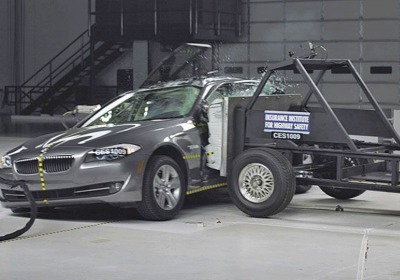NHTSA safety consultant dies at 64
Tue, 13 Mar 2012
Miami trauma surgeon and preeminent car-crash researcher Jeffrey Augenstein would often tell the story of the time he was talking to a crash victim who collapsed and died from hidden injuries in the middle of the conversation.
The experience led Augenstein to research and then call attention to the unexpected injuries that could occur when drivers interacted with airbags. It's but one example of the achievements of Augenstein, who died recently at age 64. Augenstein, who worked as a consultant to the National Highway Traffic Safety Administration and automakers, including BMW, helped convince NHTSA that early airbags--designed for unbelted men--needed to be depowered to protect other motorists from injuries caused by the devices.
His trauma center at Jackson Memorial Hospital became one of the first to be part of a network of centers that shared information with NHTSA and automakers about trends in crash injuries. Former NHTSA chief Jeffrey Runge, who worked as an emergency-room doctor before taking the top spot at the administration, says Augenstein's study of the interaction between car-crash victims and their vehicles influenced a generation of trauma and emergency physicians.
Augenstein also served on the Centers for Disease Control and Prevention's expert panel on automatic crash notification (ACN), which developed guidelines for car sensors to make “sure the right patient gets to the right place in the right time,” said Dr. Richard C. Hunt, director of the CDC′s injury-response division. Augenstein also helped BMW develop its enhanced ACN system.
Longtime colleague Elana Perdeck compares Augenstein to a car that aces the government's crash-test ratings.
“He was a true five-star,” says Perdeck, former executive director of the William Lehman Injury Research Center, which Augenstein founded.
By Jayne O

